Get a free trial until June 30, 2026!
New members get access to our science units, hands-on activities, mini-lessons, & more!
Mini-lessons

Please wait…
This video is having trouble loading. You may have lost your Internet connection.
Step 1: Click to Reload this page
Step 2: Click to
Try our other video player
Step 3: contact support if trouble persists.
Or,
dismiss this message.


Please wait…
This video is having trouble loading. You may have lost your Internet connection.
Step 1: Click to Reload this page
Step 2: Click to
Try our other video player
Step 3: contact support if trouble persists.
Or,
dismiss this message.
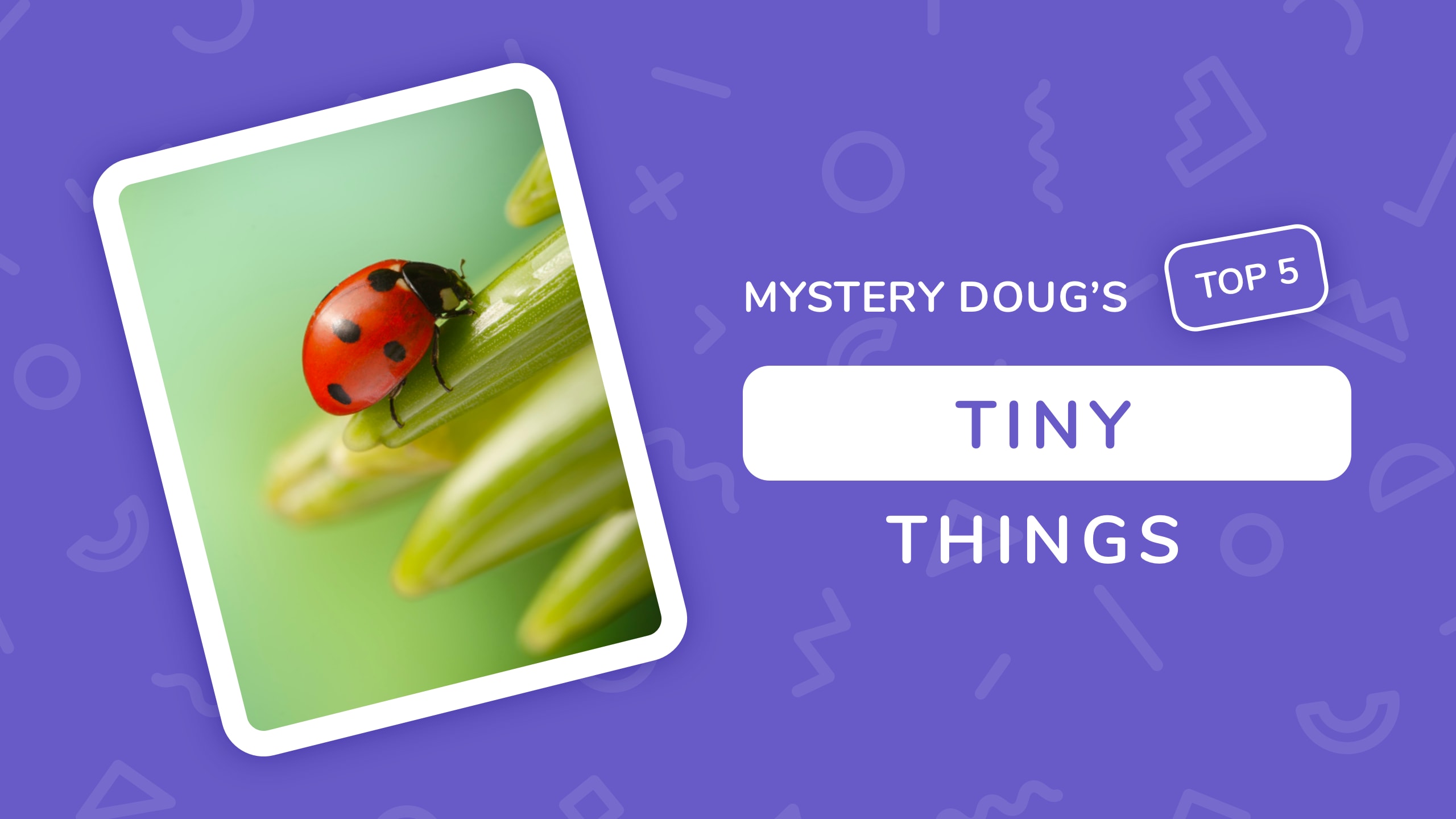

Please wait…
This video is having trouble loading. You may have lost your Internet connection.
Step 1: Click to Reload this page
Step 2: Click to
Try our other video player
Step 3: contact support if trouble persists.
Or,
dismiss this message.
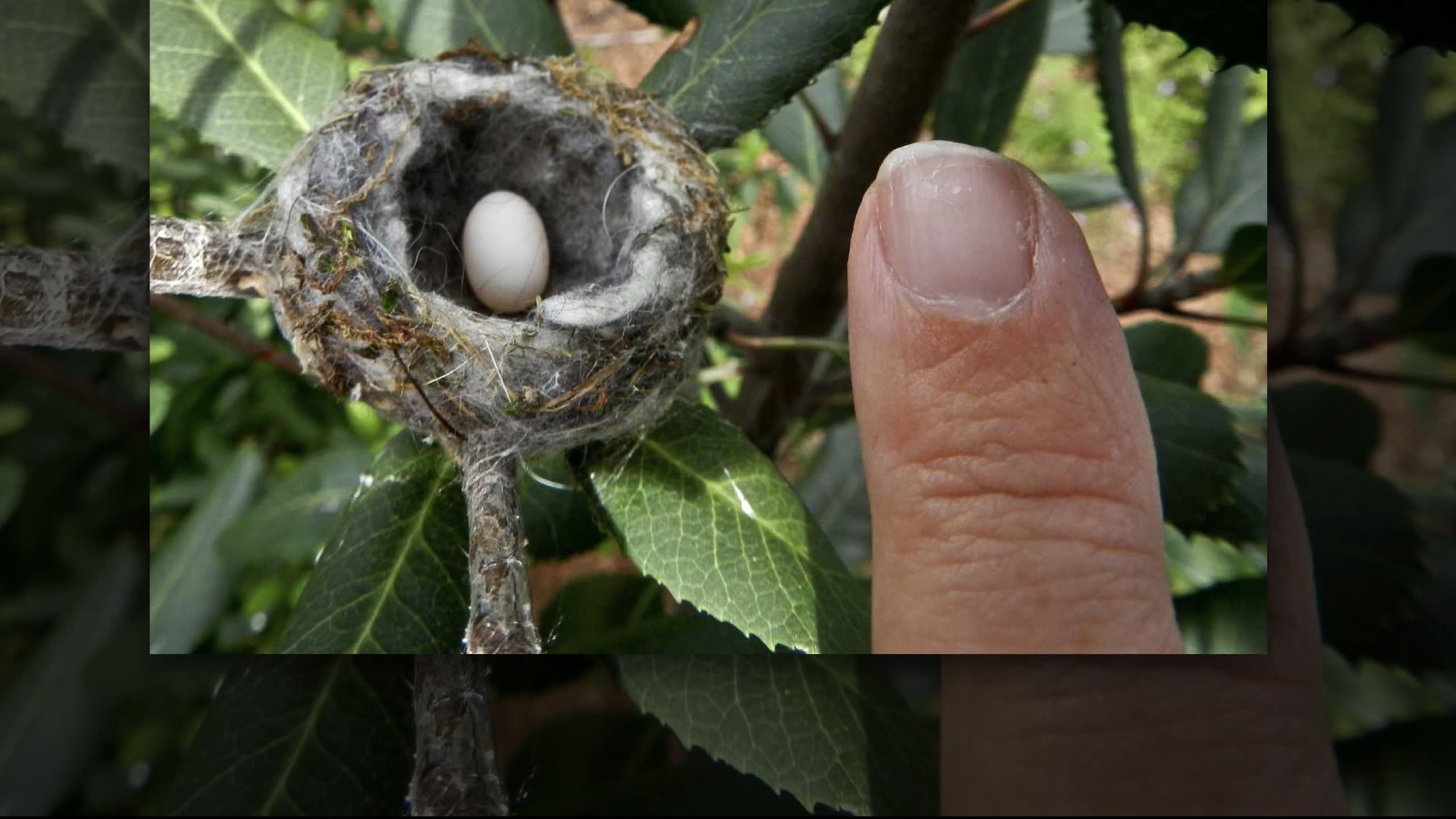
Check out this tiny egg that's even smaller than a
fingernail! What kind of bird do you think laid this egg?

Please wait…
This video is having trouble loading. You may have lost your Internet connection.
Step 1: Click to Reload this page
Step 2: Click to
Try our other video player
Step 3: contact support if trouble persists.
Or,
dismiss this message.
It’s a hummingbird nest! Hummingbirds are the smallest
birds in the world, so of course their eggs are tiny!

Please wait…
This video is having trouble loading. You may have lost your Internet connection.
Step 1: Click to Reload this page
Step 2: Click to
Try our other video player
Step 3: contact support if trouble persists.
Or,
dismiss this message.
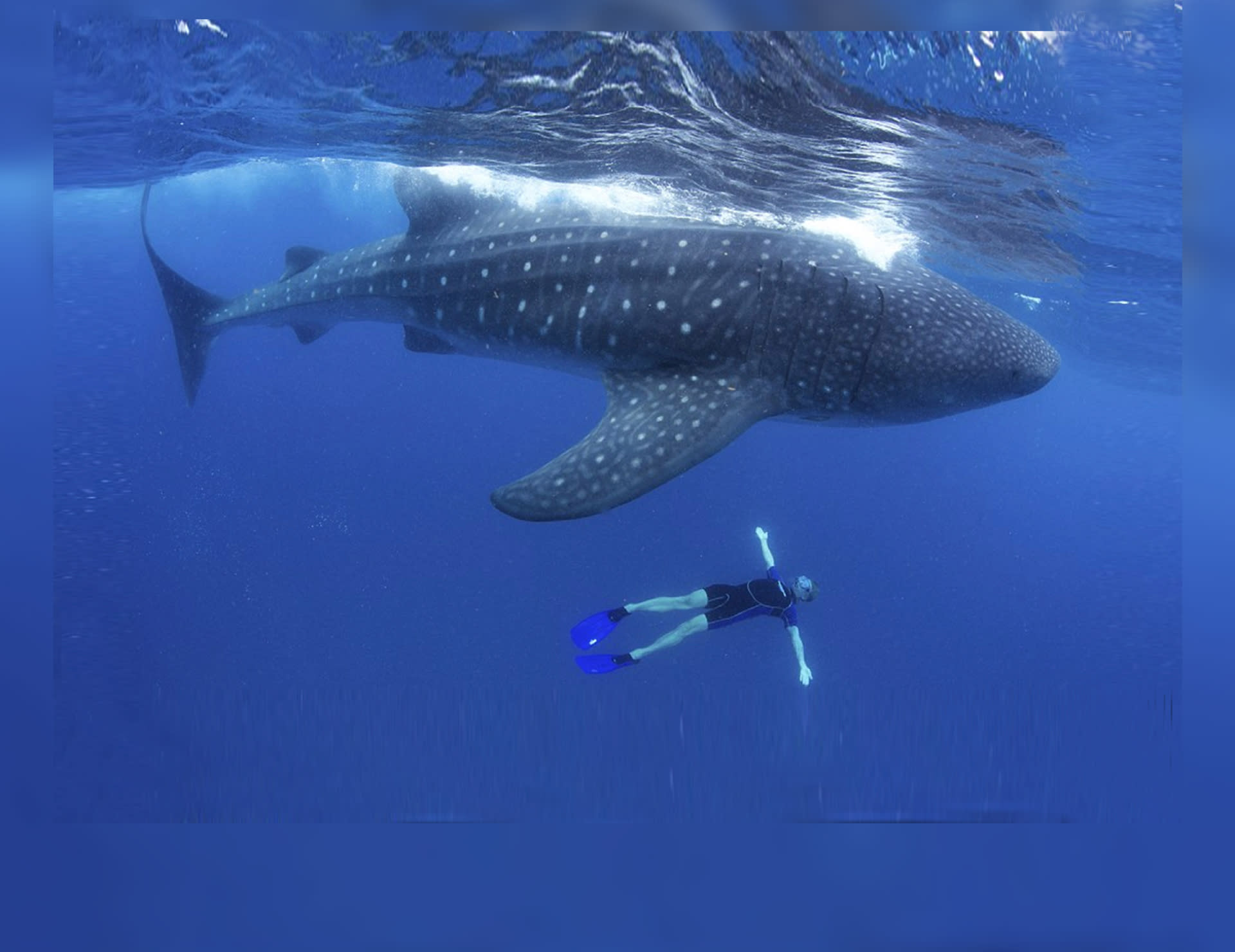
The whale shark is the largest shark. But have you
ever wondered: What’s the smallest shark?
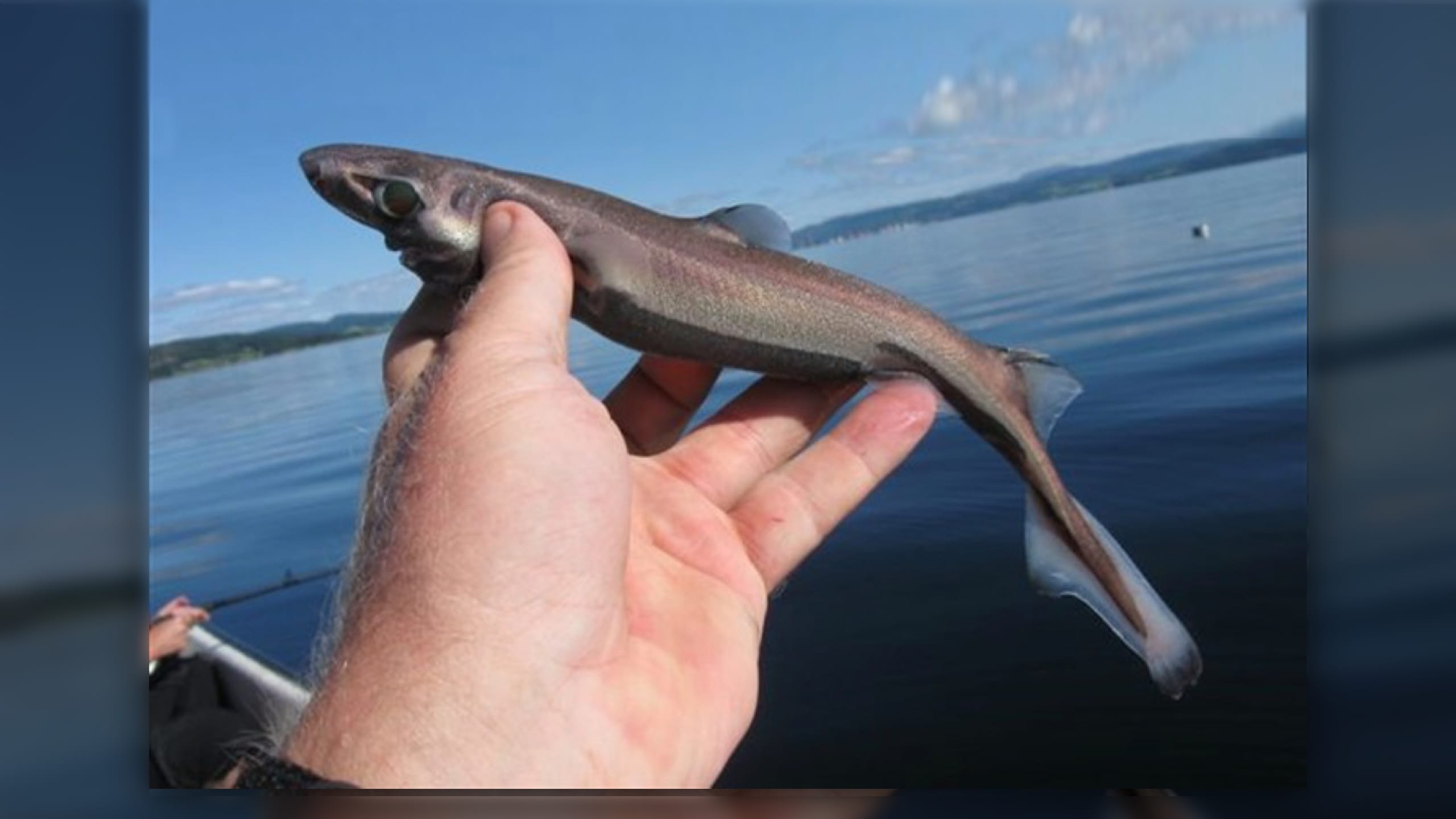
Here’s the smallest shark, a dwarf lantern shark. It lives
extremely deep in the ocean. This one is full grown!

Please wait…
This video is having trouble loading. You may have lost your Internet connection.
Step 1: Click to Reload this page
Step 2: Click to
Try our other video player
Step 3: contact support if trouble persists.
Or,
dismiss this message.
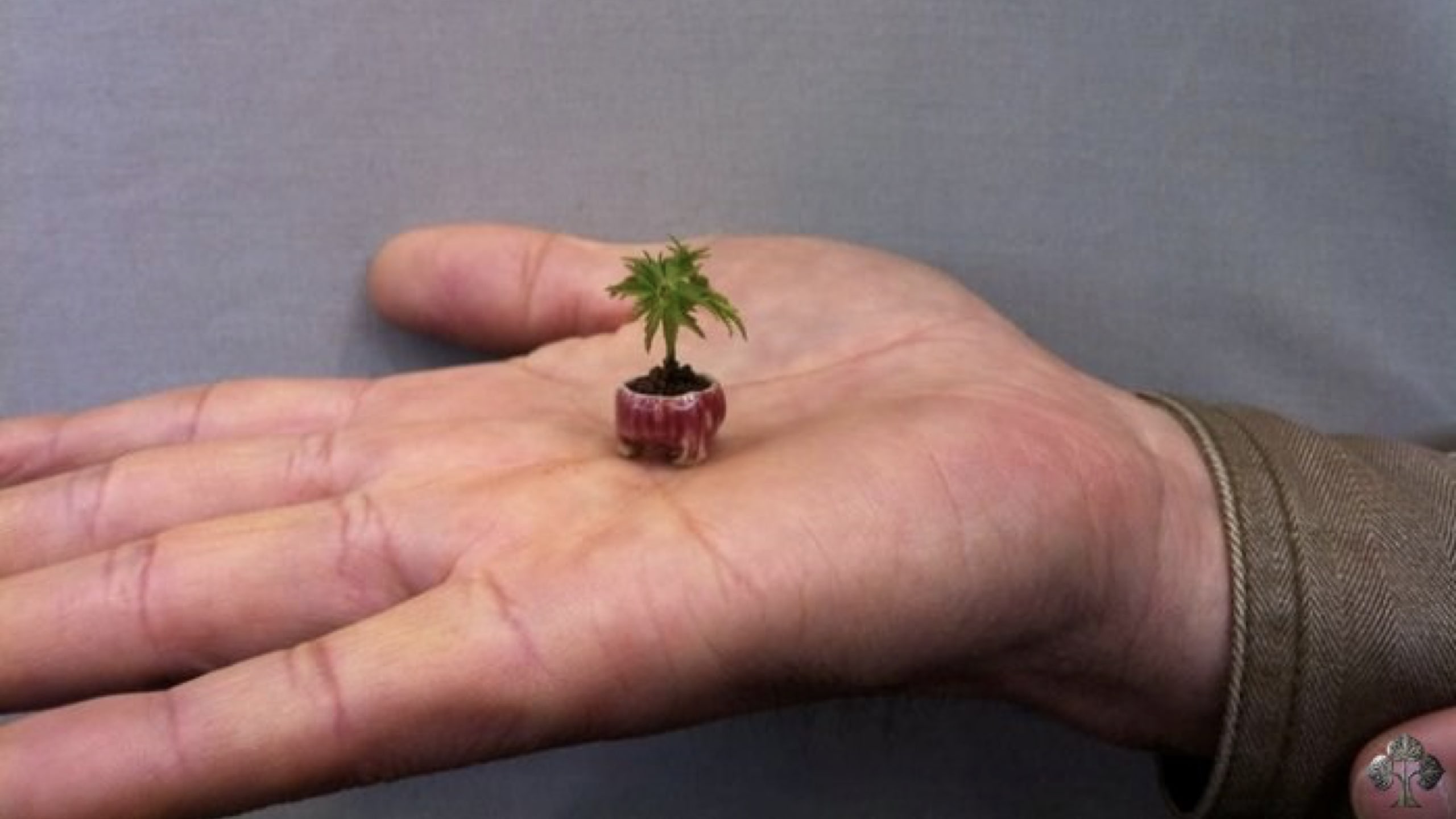
This is one of the tiniest trees in the world, but it wasn’t
supposed to grow this small! What happened to it?

Please wait…
This video is having trouble loading. You may have lost your Internet connection.
Step 1: Click to Reload this page
Step 2: Click to
Try our other video player
Step 3: contact support if trouble persists.
Or,
dismiss this message.
You can make just about any tree stay tiny, if you trim
its roots as it grows. Doing this is called “bonsai."

Please wait…
This video is having trouble loading. You may have lost your Internet connection.
Step 1: Click to Reload this page
Step 2: Click to
Try our other video player
Step 3: contact support if trouble persists.
Or,
dismiss this message.

Please wait…
This video is having trouble loading. You may have lost your Internet connection.
Step 1: Click to Reload this page
Step 2: Click to
Try our other video player
Step 3: contact support if trouble persists.
Or,
dismiss this message.
You know what tornadoes look like and how destructive
they can be. But have you ever seen a tiny one?

Please wait…
This video is having trouble loading. You may have lost your Internet connection.
Step 1: Click to Reload this page
Step 2: Click to
Try our other video player
Step 3: contact support if trouble persists.
Or,
dismiss this message.
Tiny tornadoes are called dust devils and they’re
usually harmless!

Please wait…
This video is having trouble loading. You may have lost your Internet connection.
Step 1: Click to Reload this page
Step 2: Click to
Try our other video player
Step 3: contact support if trouble persists.
Or,
dismiss this message.
Most dust devils only last a minute or two. People at this
game just waited for it to pass then continued to play!

Please wait…
This video is having trouble loading. You may have lost your Internet connection.
Step 1: Click to Reload this page
Step 2: Click to
Try our other video player
Step 3: contact support if trouble persists.
Or,
dismiss this message.
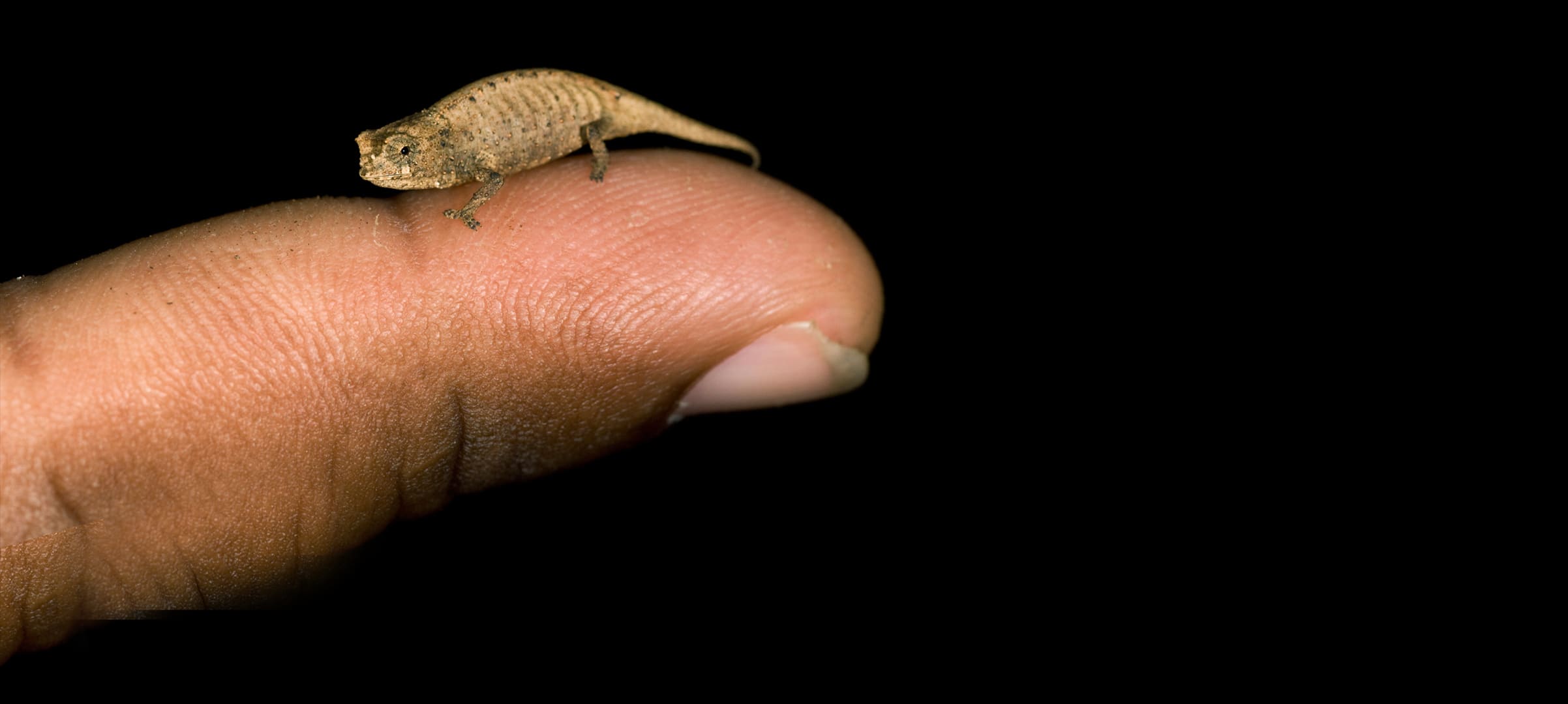
Here’s the smallest lizard, a pygmy chameleon! This one
is an adult. How small do you think a baby one is?

Please wait…
This video is having trouble loading. You may have lost your Internet connection.
Step 1: Click to Reload this page
Step 2: Click to
Try our other video player
Step 3: contact support if trouble persists.
Or,
dismiss this message.
The babies are so small, they can stand on the tip of a
matchstick!


Please wait…
This video is having trouble loading. You may have lost your Internet connection.
Step 1: Click to Reload this page
Step 2: Click to
Try our other video player
Step 3: contact support if trouble persists.
Or,
dismiss this message.
Voting for this episode is now closed. Would you like to vote on the most recent poll?

-
How do stitches work?
-Jose, 2nd Grade
-
Why do people write in cursive?
-Kingston, 4th Grade
-
Why do cars have seat belts?
-Leighla, 1st Grade







